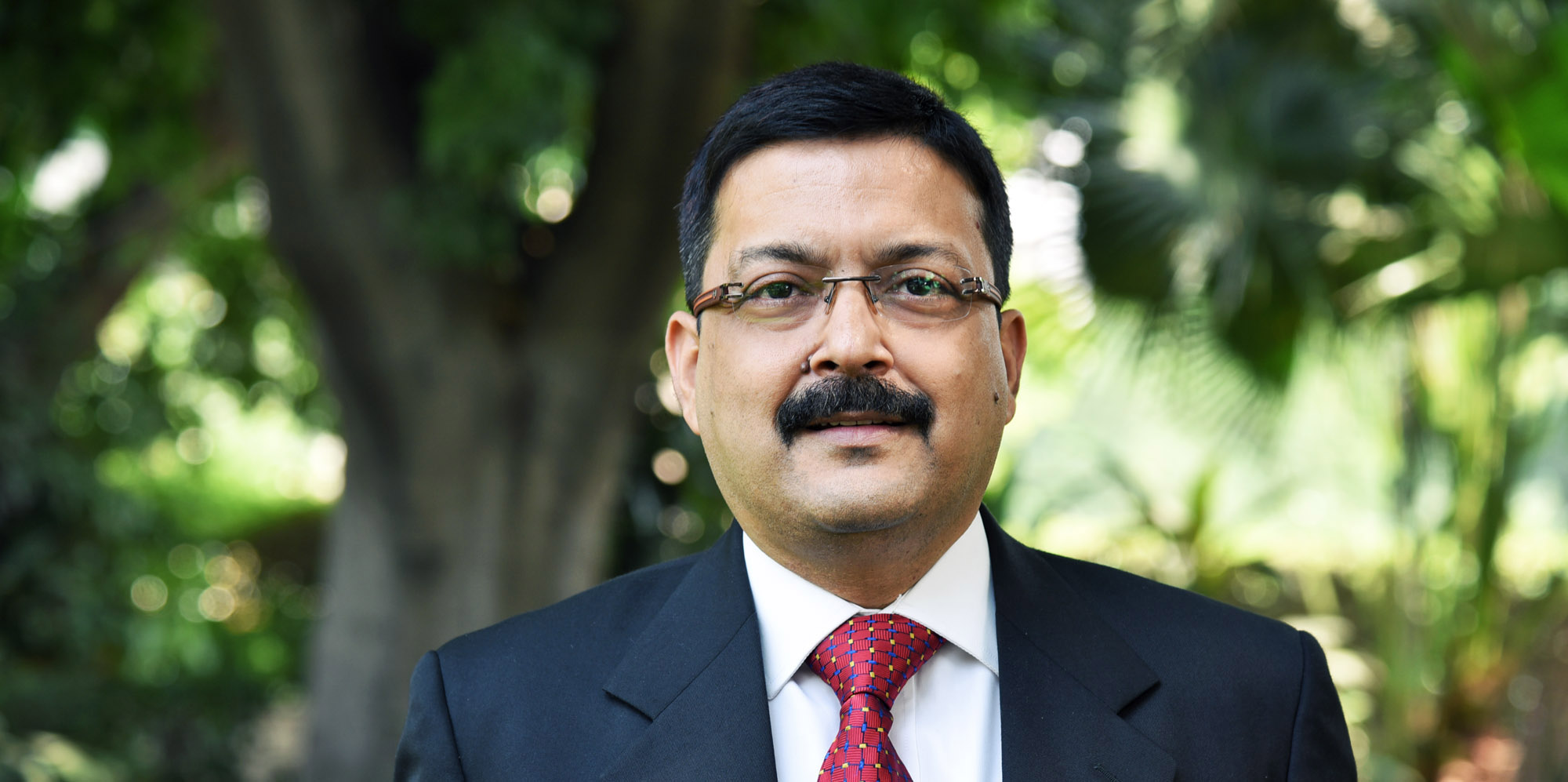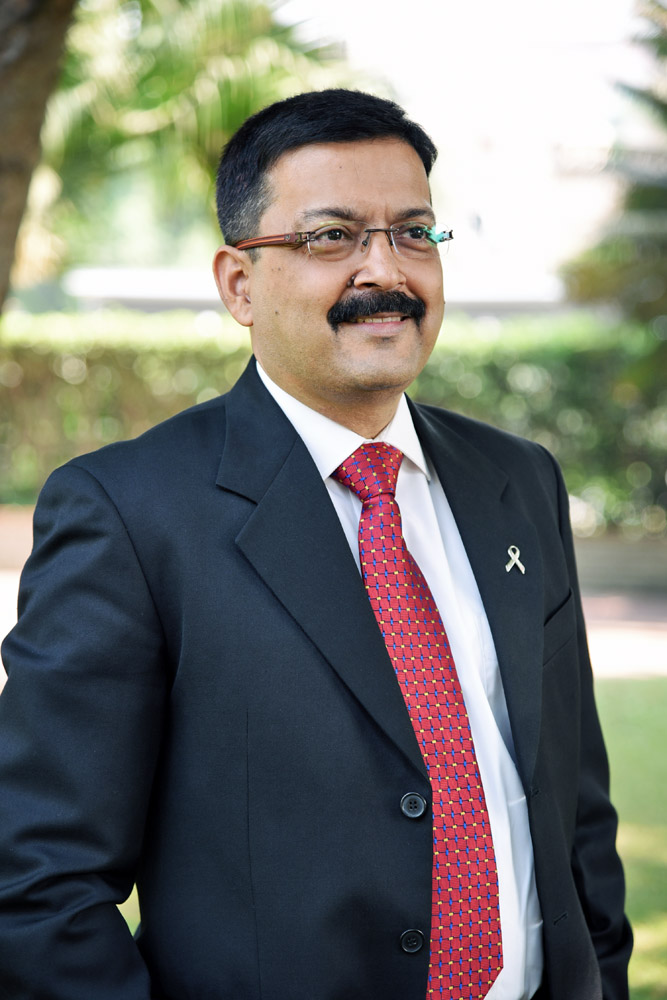
Sujoy Banerjee
💼 Chief Conservator of Forests, Uttar Pradesh Forest Department
🎓 Certificate in Environmental Management and Sustainable Development, University of Wales at Bangor (2005)
Sujoy is a distinguished conservationist with the Indian Forest Service known for his wildlife conservation efforts in India.
With more than two and a half decades experience in the field of wildlife and habitat conservation, Sujoy has held senior positions across the government, corporate, academic, and international non-profit sectors. He currently serves as a Divisional Forest Officer based in Noida, India for the Forest Department of Uttar Pradesh State. He previously served in the same Department as the Deputy Conservator of Forests of the National Chambal Sanctuary Project, Agra, where he headed the conservation and management programs for the renowned National Chambal Wildlife Sanctuary.
In 2014, Sujoy was awarded an Earth Heroes award by Royal Bank of Scotland for his work to preserve the gharial crocodile. He was also recruited into the International Visitors’ Leadership Programme in 2009.
There were 12 participants in my Chevening course and we are a very close-knit group – like a family.
What were you doing before Chevening? What were your career aspirations at the time?
Before Chevening, I was working with the Indian government and I wanted to further my knowledge in the field of environmental conservation. Therefore, I was looking forward to attending this course when I applied because it was about environmental management from an international perspective. It also gave a lot of insight into sustainable development, which was an emerging and exciting subject at that point in time.

What is the most important thing you learned during your experience?
The most important thing I learned is that sustainable development is the crux of development. It can only be sustainable development if it can sustain itself—any kind of development that does not take this into account is not feasible in the long-run. Therefore, sustainability is really the key issue as far as development is concerned.
What message would you share with the next generation of Chevening Scholars?
If you are an aspiring Chevener, this is really a very wonderful experience. Whether you are going on a short course or doing a one-year master’s degree, it will give you great and deep insight into what is happening in your field not only in the UK, but also internationally. Most importantly, there is a very large Chevening community that you will become connected to, to network and interact. The Chevening community helps each other professionally to a very great extent.
